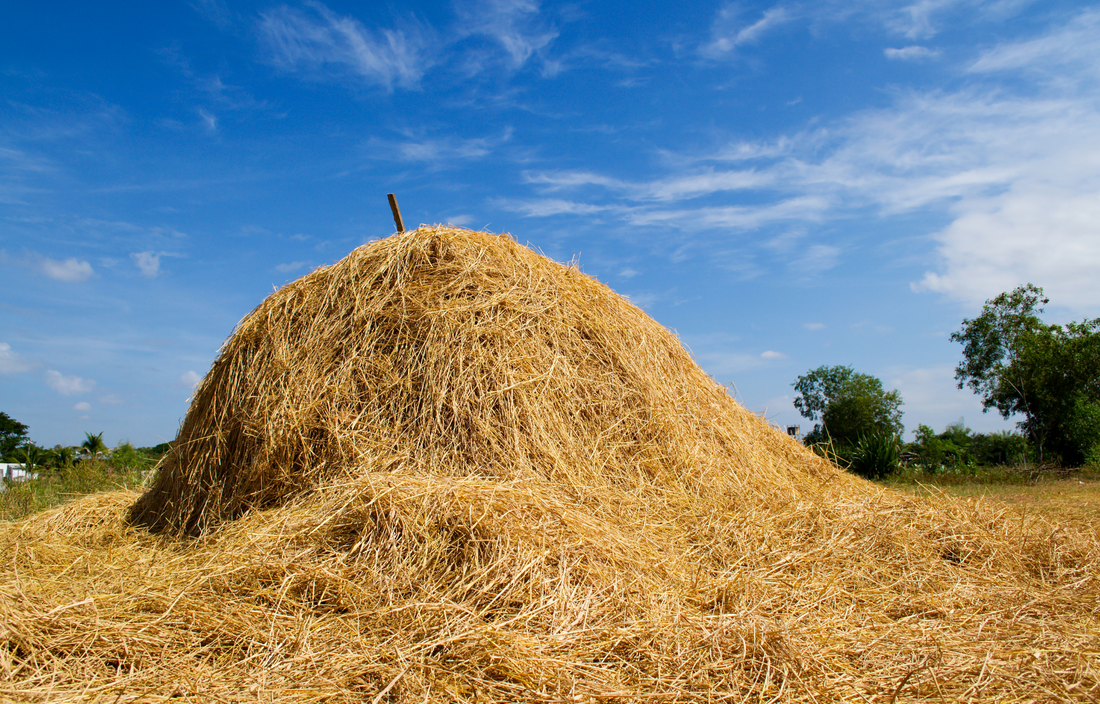The world consumes about 400 million tons of paper each year, and the demand is growing. Humans are cutting down forests and, in turn, having some negative impact on the climate and the environment. This is the time to make effective use of renewable resources
Sugar cane
Sugarcane paper is made from agricultural fiber waste. Its main component, bagasse, is a byproduct of the sugarcane plant and can be used in sugar, alcohol and biofuels, among others. Sugarcane bagasse is 45% cellulose and is produced in large quantities every day around the world. Instead of letting this waste go into landfills or being burned, making sugarcane paper is an excellent alternative to reusing it. Sugarcane paper is similar in appearance and performance to traditional paper, and can be fully recycled.
Bamboo
Bamboo is an extremely fast growing plant with very relaxed growing conditions, making bamboo plantations the most common option for rebuilding cleared or degraded land. As a very promising renewable material, bamboo can be used in large quantities to make paper and fabrics, and its natural texture and hues add a touch of elegance to paper products. Unfortunately, however, while bamboo paper can reduce the consumption of forest trees, the process of turning it into paper is currently still dominated by traditional production methods.
Straw
Straw is a byproduct of wheat cultivation and agricultural activities. Straw paper can be made by recycling discarded straw and wheat, which eliminates the carbon dioxide emissions associated with burning straw, and also saves a lot of energy in the processing of straw paper because straw does not need to be pressurized like wood to be converted into pulp. The relevant data reality, compared with the production of traditional paper, the production of straw paper can reduce the water required by 25%, energy can be reduced by 70%.

